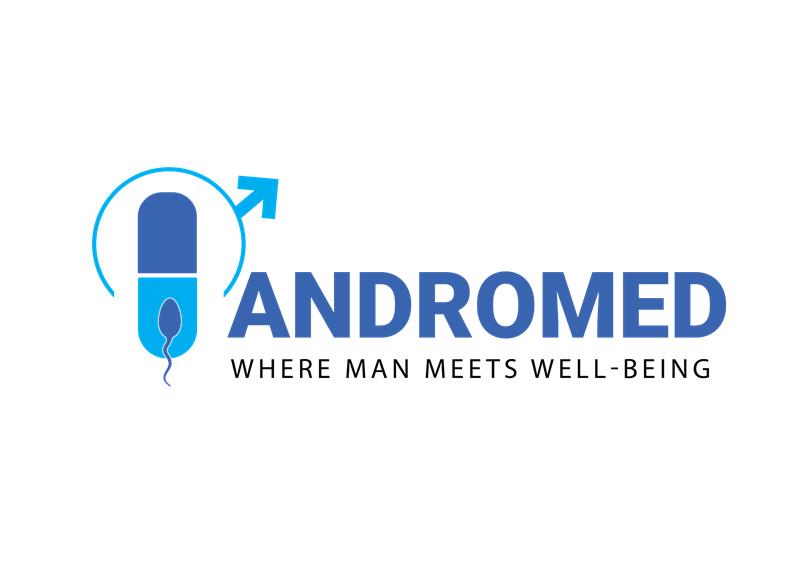BLOG
.png)
Jul 13,2024
Identifying Low Testosterone: Symptoms, Causes, and Solutions
Low testosterone, also known as hypogonadism, is a common condition that affects many men, particularly as they age. Testosterone is a vital hormone responsible for the development of male sexual characteristics, muscle mass, and overall well-being. Understanding the symptoms, causes, and solutions for low testosterone can help men seek appropriate treatment and improve their quality of life.
Recognising the Symptoms
Low testosterone levels can be visible in various ways, impacting both physical and mental health. Being aware of these symptoms is the first step toward seeking help:
-
Physical Symptoms
-
Fatigue and Reduced Energy Levels
Men with low testosterone often experience significant fatigue and a noticeable drop in energy levels, making it difficult to perform daily activities.
-
Decreased Muscle Mass
Testosterone plays a crucial role in muscle development. Low levels can lead to a reduction in muscle mass and strength, even with regular exercise.
-
Weight Gain
Hormonal imbalances can contribute to increased body fat, particularly around the abdomen, which can be challenging to lose despite efforts to maintain a healthy lifestyle.
-
Hair Loss
Testosterone influences hair production. Men with low levels might notice thinning hair or increased hair loss.
-
Sexual Symptoms
-
Reduced Libido
One of the most common symptoms of low testosterone is a decreased interest in sex. Men may find that their libido has significantly diminished.
-
Erectile Dysfunction
Testosterone is essential for maintaining erectile function. Low levels can result in difficulty achieving or maintaining an erection.
-
Low Semen Volume
Men with low testosterone may produce less semen, which can be noticeable during ejaculation.
-
Emotional and Cognitive Symptoms
-
Mood Changes
Testosterone influences mood and mental well-being. Low levels are often associated with feelings of depression, irritability, and anxiety.
-
Memory and Concentration Issues
Some men experience difficulties with memory and concentration, which can affect their professional and personal lives.
Understanding the Causes
Several factors can contribute to low testosterone levels. Identifying the underlying cause is crucial for effective treatment:
-
Age-Related Decline
Testosterone levels naturally decline with age. Men typically experience a gradual decrease in hormone production after the age of 30, which can become more pronounced over time.
Medical Conditions
-
Hypogonadism
This condition occurs when the testes produce little or no hormones. It can be congenital or acquired later in life due to injury or illness.
-
Chronic Diseases
Conditions such as diabetes, obesity, and metabolic syndrome are linked to lower testosterone levels.
-
Infections and Inflammation
Infections affecting the testes or chronic inflammatory conditions can impair hormone production.
Lifestyle Factors
-
Poor Diet and Lack of Exercise
An unhealthy diet and sedentary lifestyle can contribute to obesity and other conditions that lower testosterone levels.
-
Substance Abuse
Excessive alcohol consumption and the use of recreational drugs can negatively impact hormone levels.
-
Stress
Chronic stress elevates cortisol levels, which can inhibit testosterone production.
Exploring the Solutions
There are various treatment options available for men with low testosterone. The choice of treatment depends on the underlying cause, the severity of symptoms, and individual health considerations.
Lifestyle Modifications
-
Healthy Diet
A balanced diet rich in nutrients, such as zinc and vitamin D, supports hormone production. Foods like lean meats, nuts, and green leafy vegetables can be beneficial.
-
Regular Exercise
Strength training and high-intensity interval training (HIIT) have been shown to boost testosterone levels.
-
Weight Management
Maintaining a healthy weight through diet and exercise can improve hormone balance.
-
Stress Reduction
Practices such as yoga, meditation, and adequate sleep can help manage stress and support overall hormonal health.
Medical Treatments
-
Testosterone Replacement Therapy (TRT)
TRT involves administering testosterone through injections, patches, gels, or pellets. This treatment can effectively restore hormone levels but should be monitored by a doctor to avoid side effects.
-
Medications
In some cases, medications that stimulate the testes to produce more testosterone may be prescribed.
-
Addressing Underlying Conditions
Treating underlying medical conditions, such as diabetes or obesity, can help improve testosterone levels.
All-Round Treatment for Low Testosterone
Identifying and addressing low testosterone is crucial for maintaining overall health and well-being. Dr Karthikeyan is a renowned uro-andrologist based in Chennai. With expertise in diagnosing and treating hormonal imbalances, Dr. Karthikeyan’s Clinic offers a patient-centred approach. Dr Karthikeyan provides comprehensive care as per each patient’s needs, helping men reclaim their vitality and improve their quality of life.
Copyright © . Karthikeyan V S. All Rights Reserved.
Powered By: Cortex Media Marketing Pvt Ltd


